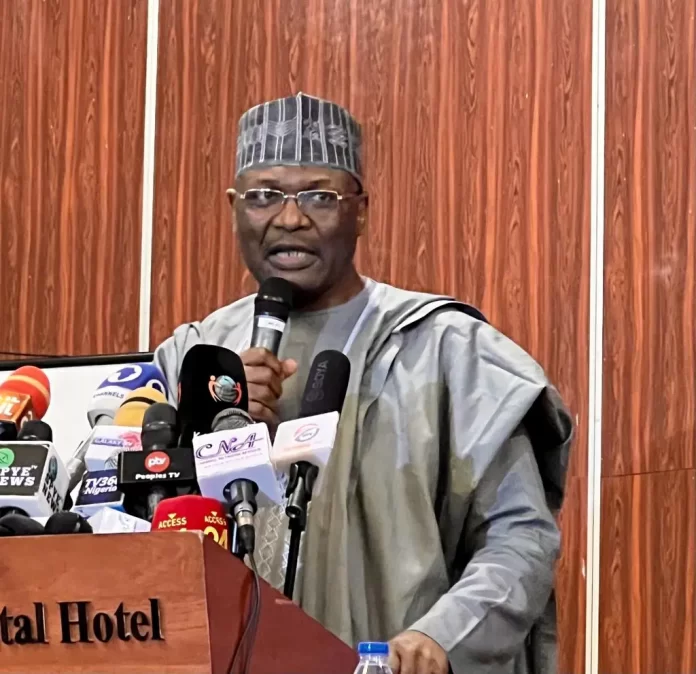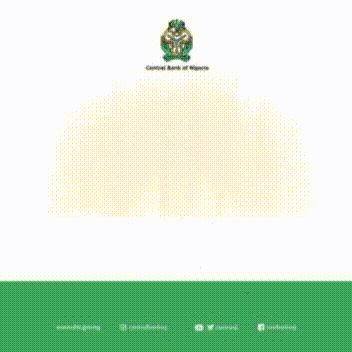The Independent National Electoral Commission (INEC), has met with selected Electoral Officers (EOs) from the 36 states of the Federation and the FCT, as well as the leadership of the various Transport Unions involved in logistics delivery.
The purpose of the meeting, according to the INEC Chairman, Prof. Mahmood Yakubu, was to identify and address the challenges associated with Logistics delivery and other key aspects of the General Election.
Speaking at the Review meeting held on Wednesday in Abuja, Prof. Yakubu said the engagement would provide the opportunity to “identify areas of strengths and weaknesses for immediate improvement in forthcoming elections, especially the three off-cycle Governorship elections in Bayelsa, Imo and Kogi States scheduled to hold on Saturday 11th November 2023.”
The INEC Chairman recalled that to kickstart the election review process, the Commission met with Resident Electoral Commissioners (RECs) and subsequently held State level review meetings nationwide involving the Commission’s regular staff and ad-hoc officials.
According to him, “Today, we commence a more focused engagement at national level with the Commission’s frontline officials, the Electoral Officers (EOs).”
“We also considered it appropriate to interface with transport providers to review logistic arrangements by inviting the leadership of the National Union of Road Transport Workers (NURTW), the National Association of Road Transport Owners (NARTO) and the Maritime Workers’ Union of Nigeria (MWUN)”.
Prof. Yakubu maintained that “there is no doubt that the success of any election primarily depends on the ability to deploy personnel and materials to various locations. In Nigeria, this involves the biggest logistic deployment the nation periodically undertakes across vast terrains and often difficult topography.
“This has been a perennial challenge over time but is now compounded by issues of infrastructure and insecurity. However, the Commission has to deploy personnel and materials not only for Election Day activities but electoral activities in general covering the period before, during and after the elections.
“Many of these activities such as the Continuous Voter Registration (CVR), monitoring of party primaries for the nomination of candidates for the election and the procurement and deployment of sensitive and non-sensitive materials must be accomplished ahead of the election otherwise critical Election Day processes will be impossible”, he added.
Prof. Yakubu also identified ten critical thematic areas to be discussed at the meeting, while urging participants to lend their wealth of experience to the discussions in order to identify areas of strengths and weaknesses for immediate improvement in forthcoming elections.
According to him, the critical areas include General State of Preparedness for the 2023 General Election; Voters Registration Process and the associated issues of Adequacy of Timing, Display of Voter Register for Claims and Objections, Clean-up of Voter Register, PVC Collection etc.
Also listed were the areas of; Recruitment, training, deployment and remuneration of ad hoc staff, including specific issues of mode of recruitment, conduct of training, timing, adequacy, effectiveness and utility of e-learning training platforms, and strategy for efficient payment of ad hoc staff.
The INEC Chairman also identified; Matters arising from the implementation of the expansion of voter access to Polling Units; Receipt and deployment of election materials; technology during elections including the various portals for nomination of ad hoc staff, candidates, accreditation of observers, media, polling/collation agents as well as voter registration, accreditation and result management; as well as Election security, as areas to be discussed.
Others include Election Day processes with reference to: forward logistics in terms of transportation of personnel and delivery of materials to Registration Area Centres (RACs) and Polling Units (PUs), including specific issues of engagement with transport unions and the implementation of State-level obligations; and Reverse logistics and movement of personnel and retrieval of field assets.
Earlier, the Chairman, Planning, Monitoring and Strategic Committee (PMSC) and National Commissioner, Prof. Rhoda H. Gumus, noted that the Commission required the collaboration of the Transport Unions in order to successfully carry out nationwide deployment of both personnel and quantity of materials to the State offices, Local Government Areas, Wards, and polling Units, across the length and breadth of the country due to the huge number of vehicles and boats required.
She said, “The Commission therefore expects the leadership of the unions to effectively supervise their members in the various branches and chapters for the full implementation of the memorandum of Understanding (MoU) signed between INEC and the Unions.
Prof. Gumus also implored participants at the meeting to share experiences, with regards to challenges encountered and suggest ways to resolve the same.
“Your key recommendations of this review exercise will enhance deployment and reverse logistics in our electoral operations”, she said.



